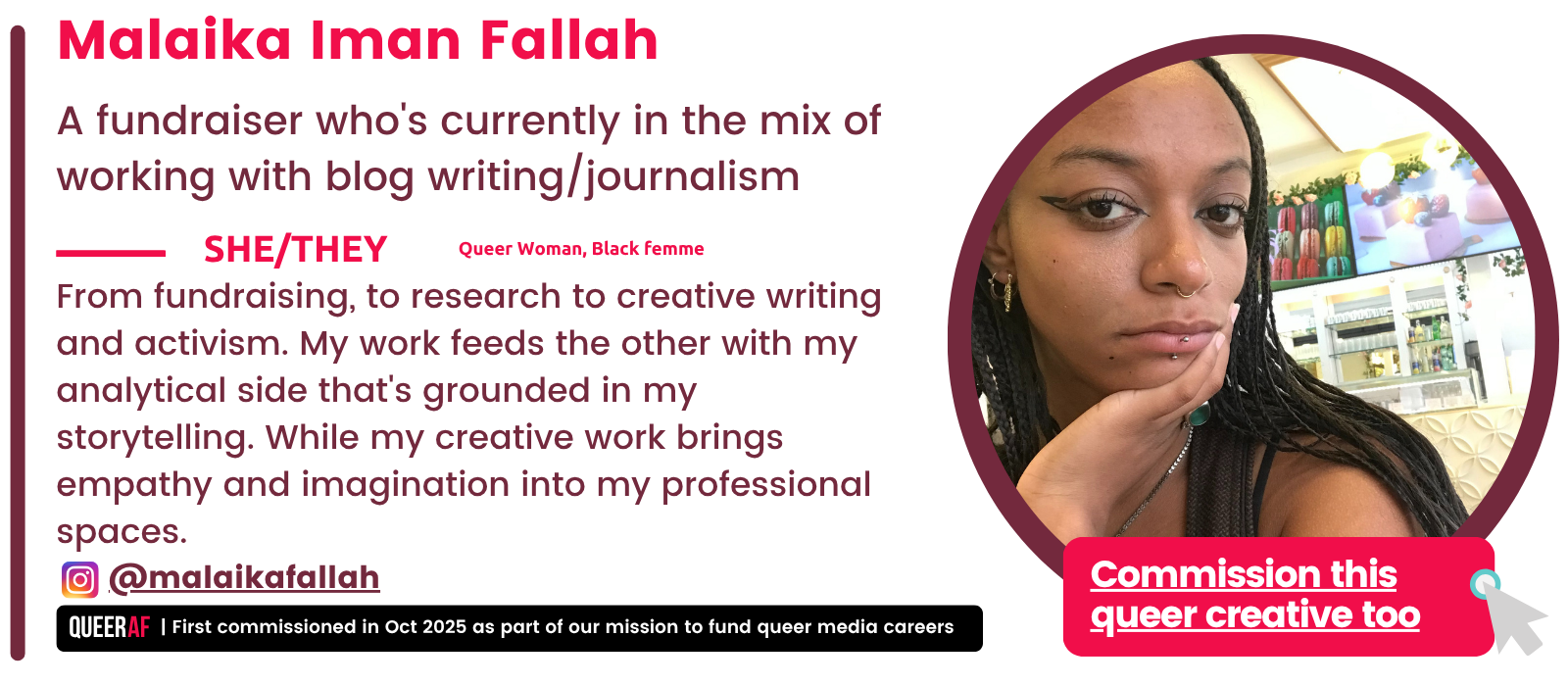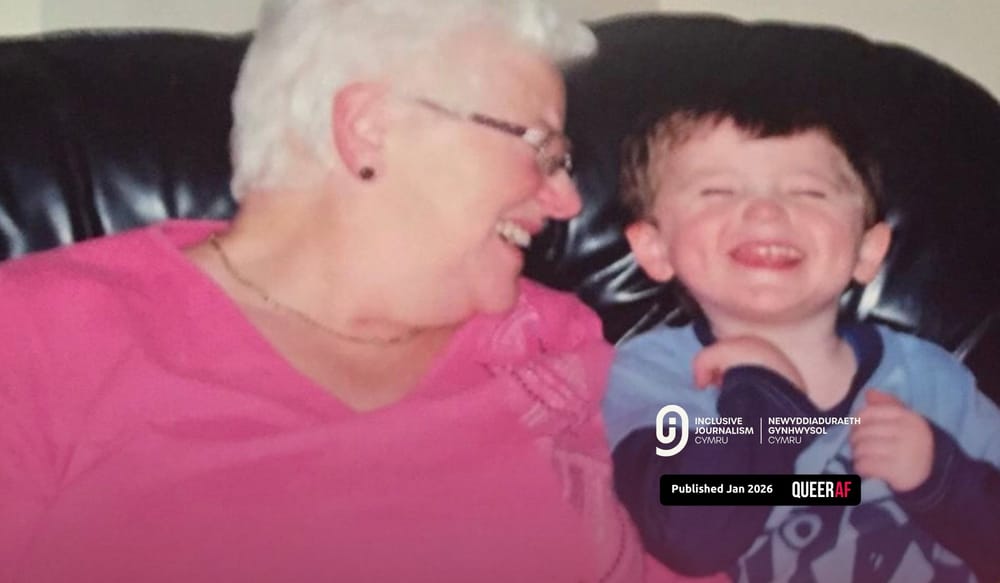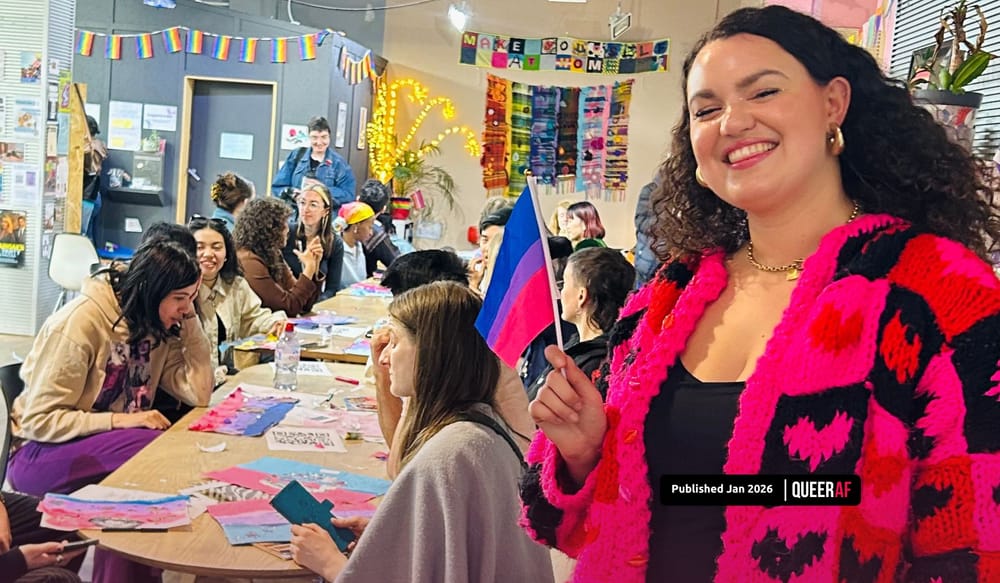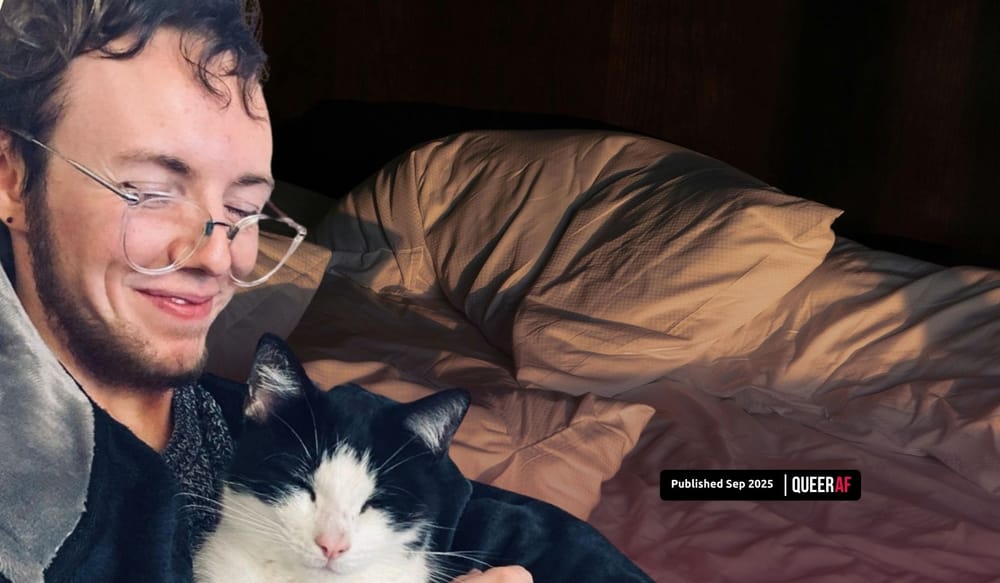
Statehood is often defined in legal and geopolitical terms — formal, territorial, and recognised by the international system. But state isn’t so much a thing as it is a performance. It’s something that’s constantly done, repeated, and reinforced — in bureaucratic rituals, in border checks, in the subtle ways power seeps into our daily lives. The state, like queer identities, operates in flux.
Joe Painter (2006) refers to the process of a state as the everyday acts that make the state feel real. Acts like applying for a passport, paying taxes, voting, or attending school. These ordinary gestures sustain the illusion of sovereignty. The state isn’t created fully formed; it is constantly performed.
Nowhere is this more visible — or more fragile — than in Palestine. For decades, Palestinians have lived in the liminal space between recognition and erasure, their existence questioned, their borders redrawn.
The late scholar Edward Said captured this tension in The Question of Palestine (1979), framing the struggle not only as a fight for land but for representation. “The question of Palestine,” he wrote, “is the question of who gets to narrate history, and who is silenced.”
Said’s work hits differently in a world where visibility has become its own form of power. To be seen — to be named — is to exist. For Palestinians, exile became both a wound and a form of knowledge. Himself a Palestinian in exile, Said imagined a future built on coexistence and mutual recognition rather than walls and separations.
Judith Butler’s theory of gender performativity offers a striking parallel. Gender, she argues, is not something we are but something we do — a series of repeated acts that create the illusion of stability.
Like gender, the state is precarious, sustained through repetition and exposed to constant unravelling. Munroe Bergdorf, black trans activist, model, and most recently creator of the film Love and Rage, states the paradigm: ‘Take out the geographical location, we are fighting for people to be heard’.
Palestinian statehood resembles a queer act in this sense — a continual assertion of existence in defiance of structures that deny it. This isn’t the only state that has faced this struggle; we can see echoes in the Tibetan Government-in-Exile. Though lacking international recognition, it operates schools, collects taxes, and holds democratic elections. These acts of governance are performances of sovereignty — gestures that make a state feel real even without official legitimacy.
That's why the UN's recognition of Palestine as a state remains a critical step. In a world where identity is too often dependent on other people’s recognition - something Trans+ people in particular face - this move would recognise the state, in a structure and with a dependency many people already understand.
Both queer identities and those of the state reveal the fragility of recognition itself. Legitimacy — whether of bodies, nations, or identities — is not granted from above but created through lived experience.
If the state is performed, then perhaps the quest for liberation is too. Our freedoms are rehearsed, improvised, and redefined every day. In particular, what’s really important about these dynamics is the opportunity to refer to the unrecognised truths about where we've been and where we're going.

Phil Samba has joined QueerAF as our Black History Month guest editor. As well as writing for us, he has joined us in mentoring four queer creatives who'll be commissioned this month. Check out our latest mentoring and writing schemes here
More than a month
At QueerAF, we're obsessed with journalism and storytelling that puts lived experience in the driving seat.
So we're thrilled to be able to bring you Phil Samba's perspective - and those of several other Black queer creatives - this Black History Month 2025.
As a small indie publisher, we've done this series on a shoe-string budget. Everyone's been paid, and received mentoring and support - but imagine what we could do with more resources.
This month, our ask to you is this: if you learn, grow from or enjoy our UK Black History Month series, consider investing in it.
Help us fund even more Black, queer and trans creatives to tell stories - all year around.










